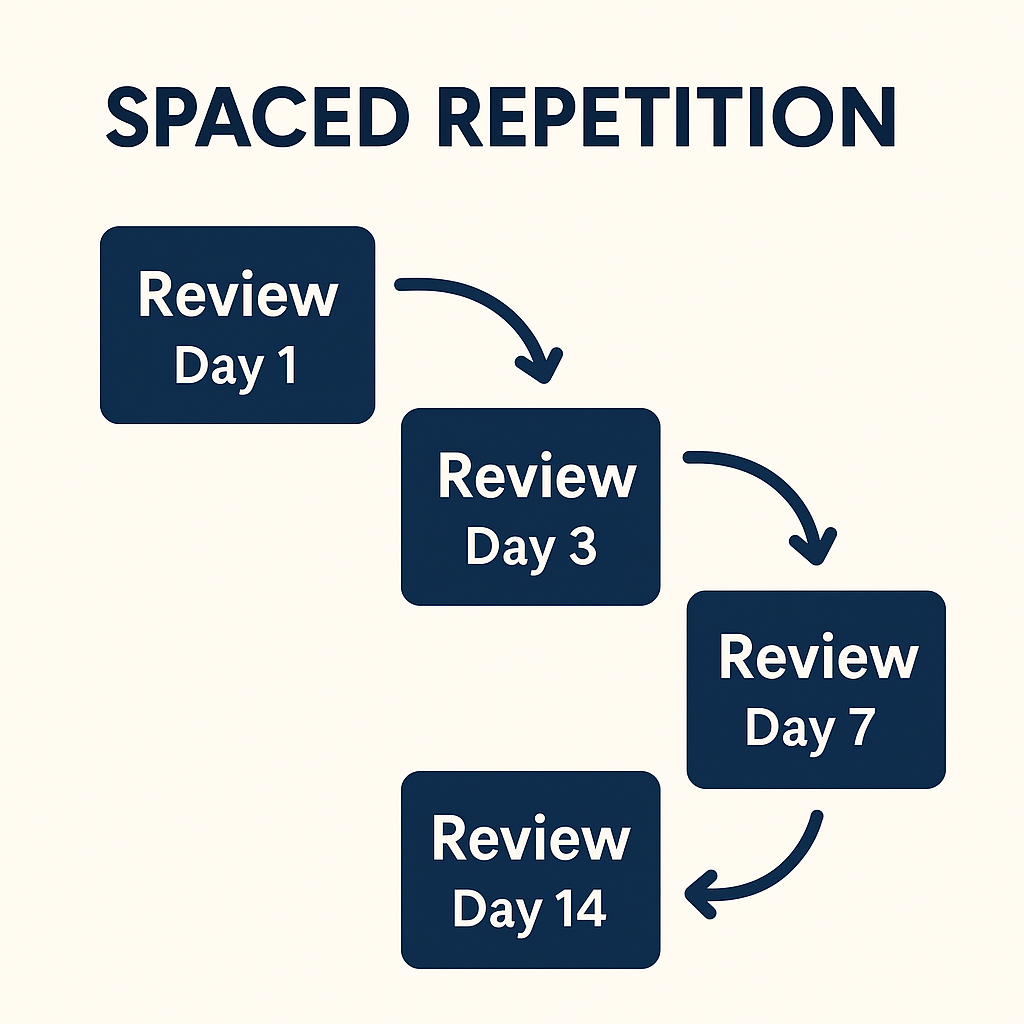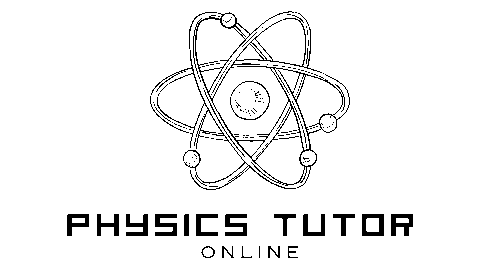Why You Keep Forgetting Physics — And How to Fix It

Let’s be honest, most students feel like they forget physics as fast as they revise it. You read it, it makes sense, and then the next day… nothing. It’s not your fault, it’s your method.
There’s a concept called the Forgetting Curve. Research shows we lose a huge chunk of what we learn within 24–48 hours if we don’t review it. So if your revision plan is based on cramming and hoping for the best, it’s not going to stick.
So, how do we beat it?
1. Use Spaced Repetition
Don’t revise everything in one go and then move on. Revisit key topics at increasing intervals, for example:
Day 1 → Day 3 → Day 7 → Day 14
Flashcards (paper or apps like Anki or Quizlet) work brilliantly for this.
2. Test Yourself Often
This is called active recall. It’s hard, but it’s gold. Instead of rereading notes, cover them and try to retrieve the info from memory. Practice with questions. Use blurting. Get things wrong and learn why.
3. Apply It to Physics
Use spaced recall for equations, definitions, and topic summaries. Mix questions, don’t just batch them by topic. The harder your brain works to recall something, the deeper it sticks.
Why does this work?
Cognitive science tells us that retrieval practice strengthens neural pathways. When you pull information out of your brain, you reinforce the connections. Spacing this retrieval helps prevent overload and improves long-term memory.
Tools to Try:
- Anki or Quizlet for digital flashcards
- Blurting journals or mind maps
- Practice paper booklets grouped by topic and difficulty
Final takeaway:
If you keep forgetting things, don’t panic, you’re human. But start revising like someone who’s outsmarting their memory, not fighting it.
Have a look at the past papers or the notes for your exam board.
And don’t forget to check your specification. Edexcel, AQA, or Cambridge
